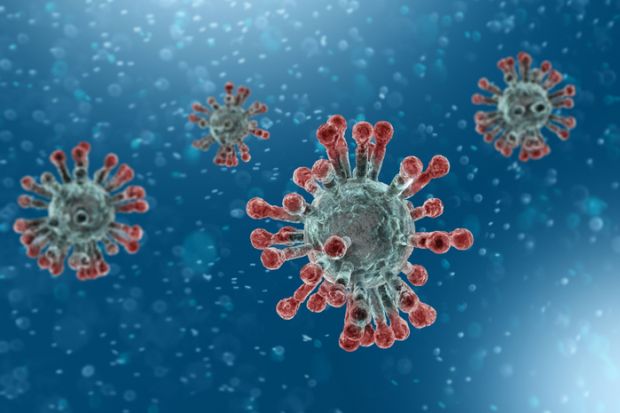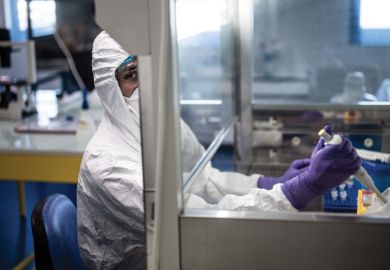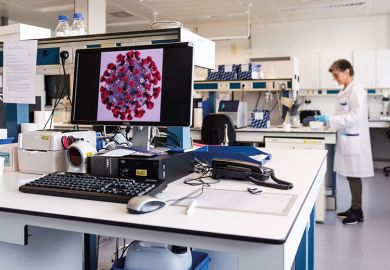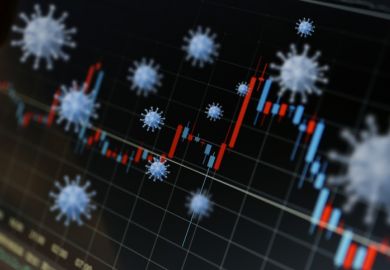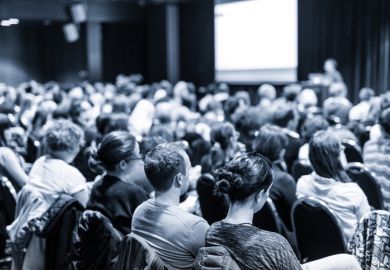Results from both Germany and the UK suggest that public trust in science and researchers appears to have soared during the coronavirus pandemic.
The proportion of Germans who said that they trust science and research “wholeheartedly” shot up to 36 per cent in mid-April.
This is four times the proportion recorded in the same survey in 2019 and substantially higher than in earlier years.
Another 37 per cent said that they were “likely” to trust science and research. A fifth were undecided, while six per cent were lacking in trust.
The results seem to represent a success for science communication in Germany, said Nicolas Wöhrl, a physicist at the University of Duisburg-Essen and prominent German science podcaster.
It shows that trust in science was built not just by broadcasting results, but also by explaining scientific methods and processes, he said on Twitter.
A regular podcast by Christian Drosten, a virologist at the Charité - Universitätsmedizin Berlin, was at one point during the pandemic the most downloaded in Germany. Dr Wöhrl said that Professor Drosten’s dissection of the latest coronavirus research results had been a “textbook” example of how to do science communication.
Doctors and medical personnel were most trusted when it comes to coronavirus information, with scientists in second place, according to the special survey, carried out by Germany’s Wissenschaftsbarometer, which conducts annual probes into levels of trust in science. Respondents trusted politicians more than friends and family, while journalists were least trusted.
An overwhelming eight in ten respondents said that political decisions should be based on scientific evidence. But people were relatively evenly split over whether scientists should “interfere” in the politics of coronavirus.
The results also show that Germans appear to tolerate scientific disagreement. Nearly seven in ten said that it was “helpful” for there to be “controversies” between scientists over coronavirus because this will lead to better research results.
This finding follows public tension between Professor Drosten and Hendrik Streeck, a virologist at the University of Bonn, who has led a study into particularly badly hit regions of Germany and argued that the infection rate is substantially higher than recorded so far.
Meanwhile in the UK, a survey commissioned by the Open Knowledge Foundation, an organisation campaigning for open data, found that nearly two-thirds of respondents said the pandemic had made them more likely “to listen to expert advice from qualified scientists and researchers”.
“One particularly encouraging finding is that people are now more likely to listen to expert advice,” chief executive Catherine Stihler said in a statement.
Register to continue
Why register?
- Registration is free and only takes a moment
- Once registered, you can read 3 articles a month
- Sign up for our newsletter
Subscribe
Or subscribe for unlimited access to:
- Unlimited access to news, views, insights & reviews
- Digital editions
- Digital access to THE’s university and college rankings analysis
Already registered or a current subscriber? Login
